Why Obsession Always Beats Talent?
Lessons from history’s greatest artist.
Michelangelo was probably the most naturally gifted artist to ever live. In the centuries since he passed, very few have even come close to his list of achievements. But the truth about Michelangelo’s life isn’t that genius wins. It’s that obsession — relentless, unyielding, uncomfortable obsession — beats talent every time.
And that is the first lesson. Michelangelo wasn’t content with applause. He demanded perfection, sometimes destroying weeks or months of work because a nose was too long or a muscle didn’t flex the way he thought it should. That’s not the behavior of a man who trusts talent. That’s obsession driving the chisel.
But obsession alone wasn’t enough. Here are nine others.
Second, he understood the value of discipline. While others treated art as bursts of inspiration, Michelangelo treated it as war. He woke early, worked late, skipped meals, and sometimes slept in his boots. He didn’t wait for the muse. He hunted her down and forced her into stone.
Third, obsession gave him endurance. He spent four years painting the Sistine Chapel ceiling on scaffolding, neck craned upward, paint dripping into his eyes. He complained, he groaned, he aged prematurely, but he never quit. How many naturally talented artists would have lasted a month under that strain? He turned rejection into fuel. When rivals mocked his unfinished sculptures as “prisoners stuck in stone,” he didn’t defend himself with words. He answered with David, a 14-foot declaration that silenced every critic. Obsession endures and thrives on rejection.
Fourth, he embraced focus. For him, the studio was a battleground, where distraction was the enemy. When he carved, the world disappeared. Today we crave constant validation. Michelangelo reminds us that isolation is often the price of mastery. Friends noted he lived like a poor man even after becoming wealthy, often eating bread and drinking water alone.
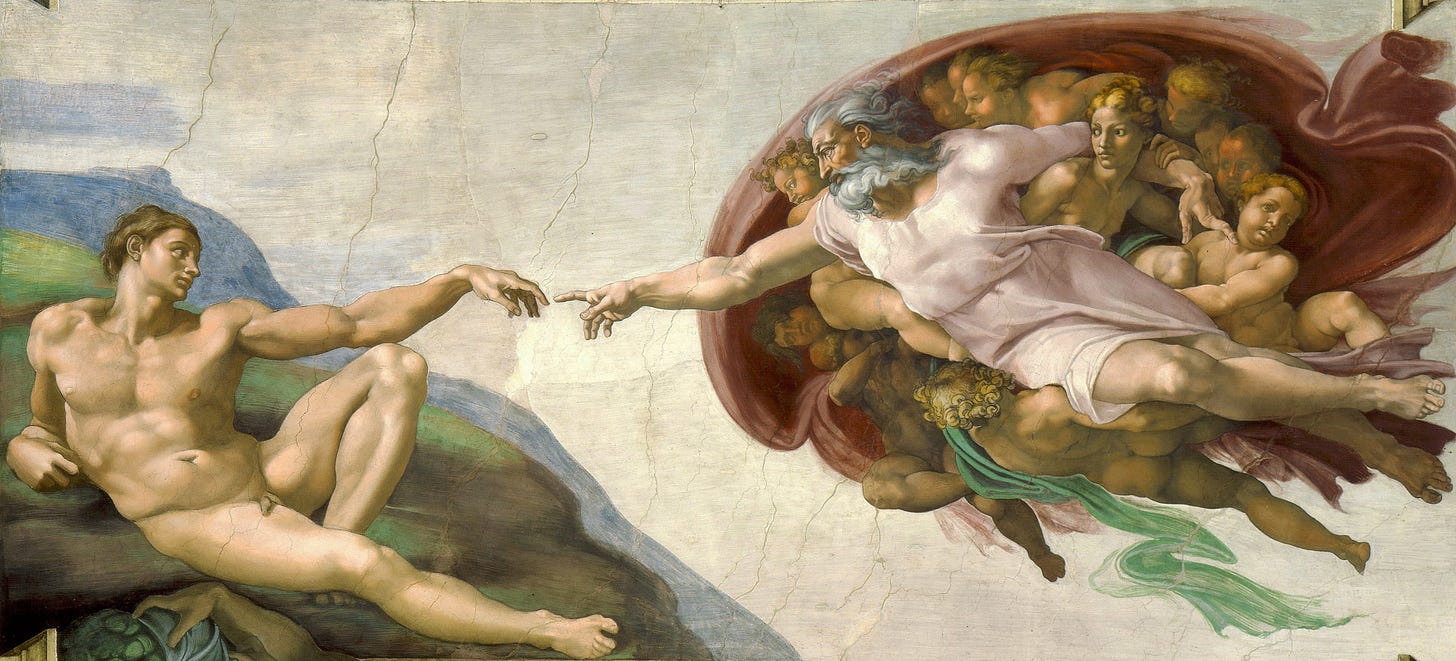
Fifth, he was relentless in learning. Even after becoming the most famous sculptor in Italy, he didn’t stop studying anatomy, sketching endlessly, or dissecting cadavers in secret to understand the body better. Talent gives you confidence. Obsession makes you humble enough to know you never know enough.
Sixth, he shows that greatness demands sacrifice. He ruined his health, alienated peers, and spent much of his life in bitter conflicts with patrons. The cost of obsession is high. But without it, we wouldn’t have the ceiling of the Sistine Chapel, or the Last Judgment, or the Moses. The world remembers his art. It does not remember what he gave up to create it.
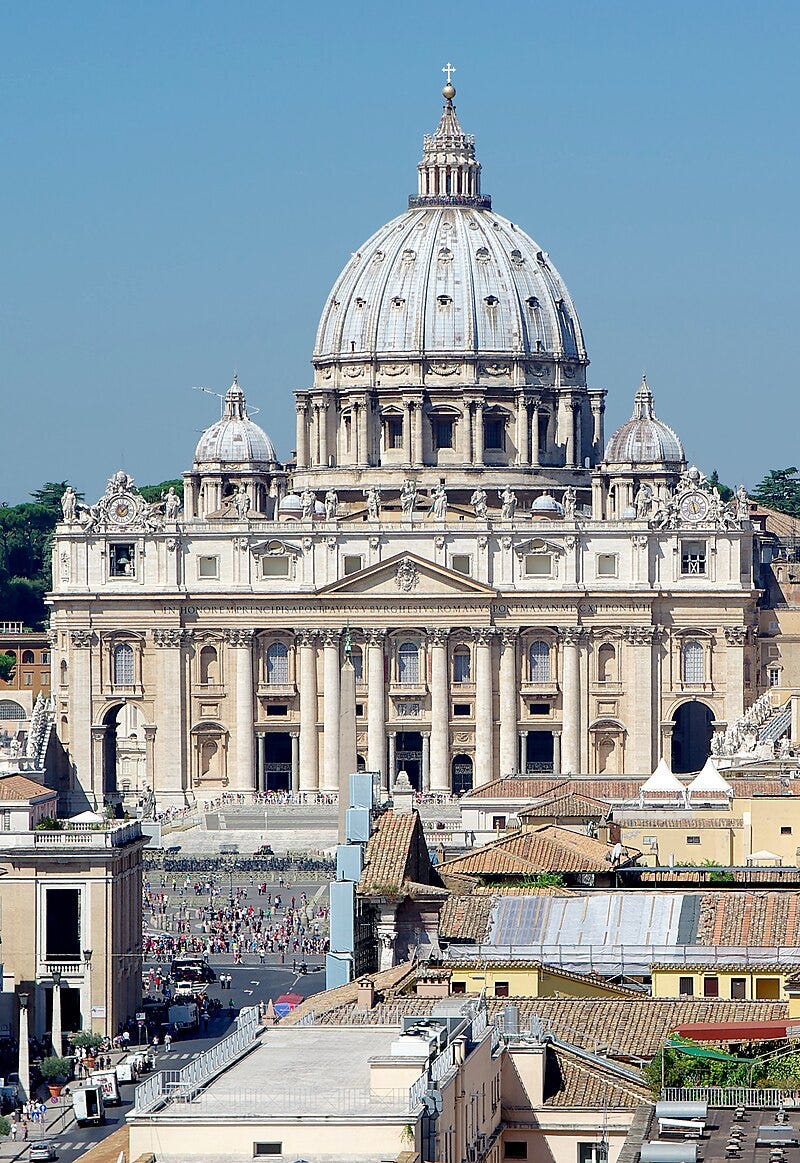
Seventh, he demonstrated courage. Imagine defying a pope to his face. Michelangelo did. He argued with Julius II, resisted commissions, and faced down critics who hated his style. True courage isn’t absence of fear; it’s daring to make art that unsettles before it inspires. He chased impossible challenges. He wasn’t a trained painter, yet he accepted Julius II’s commission for the Sistine Chapel ceiling. He wasn’t an architect by trade, yet later he was tasked with St. Peter’s Basilica. Most people avoid tasks that could expose their weaknesses. Michelangelo ran toward them. Obsession hates comfort zones.
Eighth, he never confused wealth with purpose. Yes, he became rich, richer than almost any other artist of his time. But money was never his endpoint. He kept working until his death at 88 because his obsession wasn’t satisfied. That hunger outlived his body.
Ninth, Michelangelo thrived on rivalry. Leonardo da Vinci mocked him to his face, dismissing his sculptor’s eye as crude. Raphael mocked him in paint, slipping his likeness into the School of Athens as a brooding loner hunched over stone. Others tried to steal his patrons, his glory, his place. But Michelangelo sharpened against them all. Rivalry didn’t weaken him, it drove him to carve deeper, paint harder, and outlast every rival. That’s why when we speak of Renaissance genius today, his name still towers above the rest.
And finally, vision. Talent can copy what exists. Michelangelo saw what no one else could. In a block of marble, others saw rock. He saw David waiting to be freed. Vision is the rarest gift of all and when obsession fuels it, the world gets masterpieces.
Michelangelo’s life teaches a brutal truth. Success isn’t luck, and it isn’t raw talent. It’s obsession, discipline, endurance, focus, learning, sacrifice, courage, purpose, rivalry, and vision.


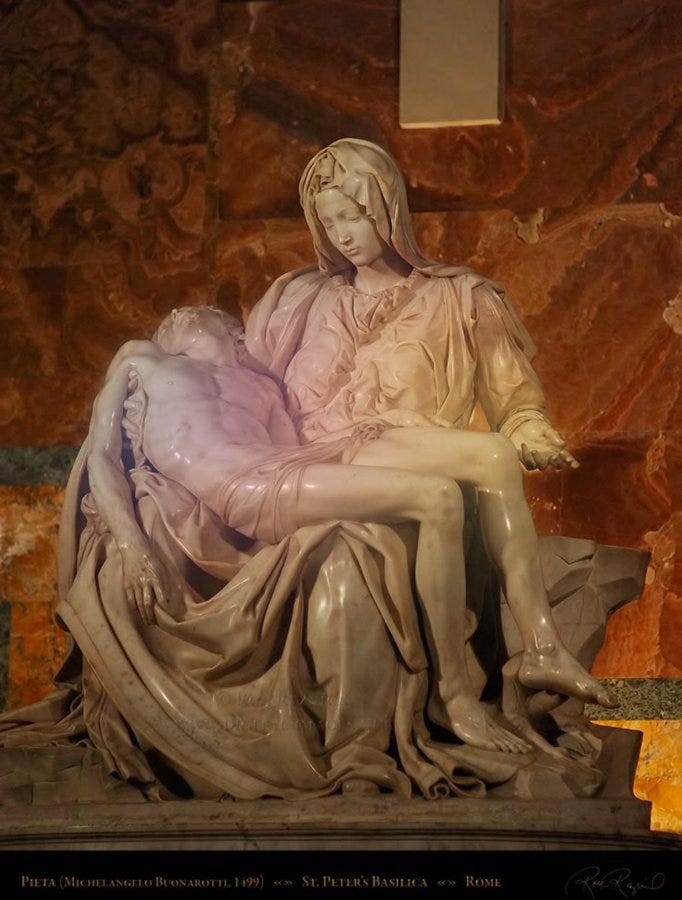
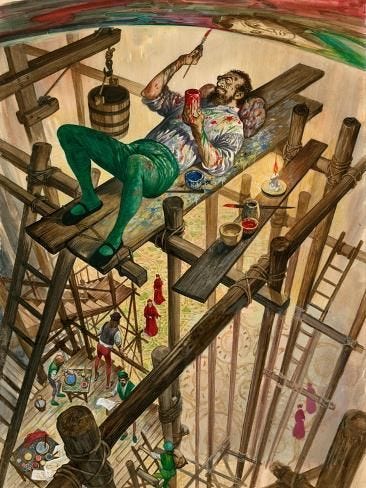
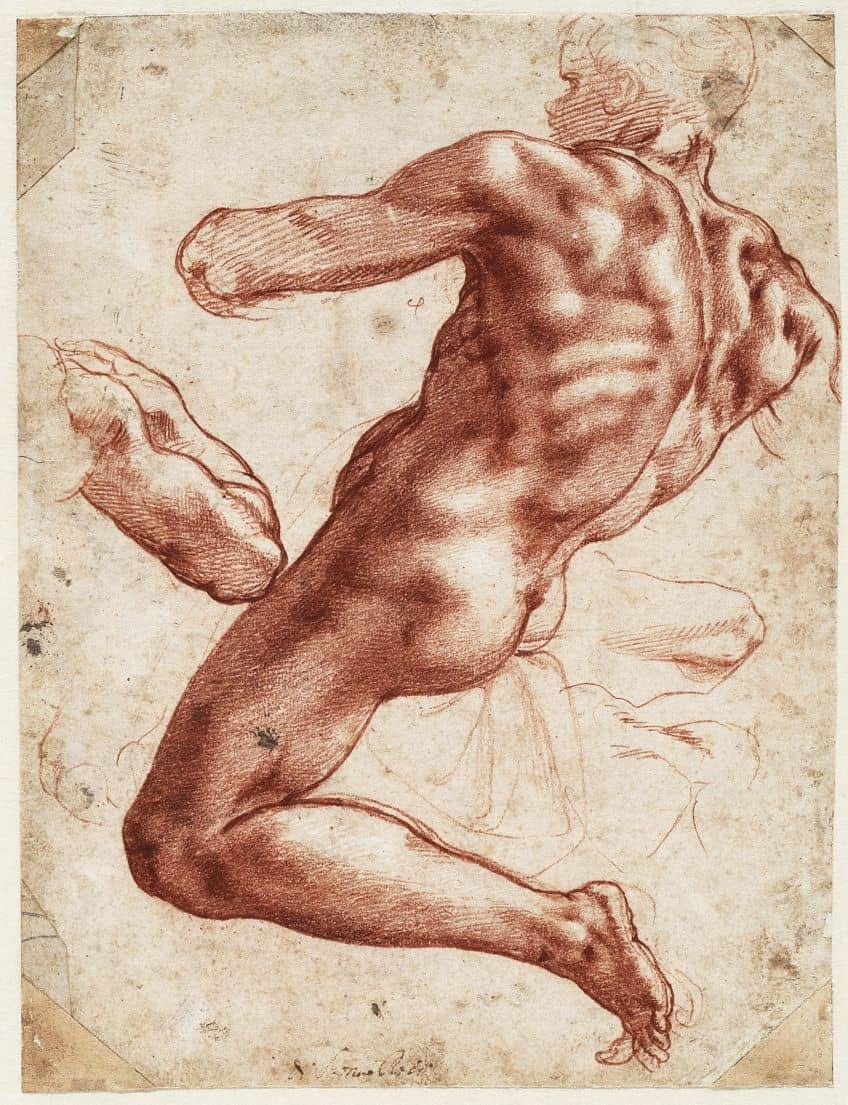

Very enjoyable read.
Don't know that such character traits work today when a different selection process is afoot, in terms of who is acclaimed.
Eg Pollock and Warhol.
Chosen by TPTB
Michelangelo's work exhibits beauty and that's not fashionable in art, in this current postmodern time with the desire to applaud the discordant.
I am still attracted to symmetry, but I guess that it's too easy for saturated eyes. So change for the sake of change is what we get
Well written.. excellent. Last 2 paragraphs really drove it home too 👍🏼